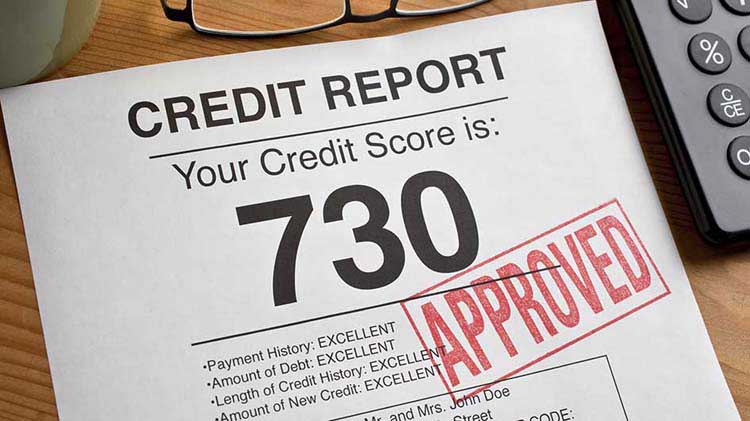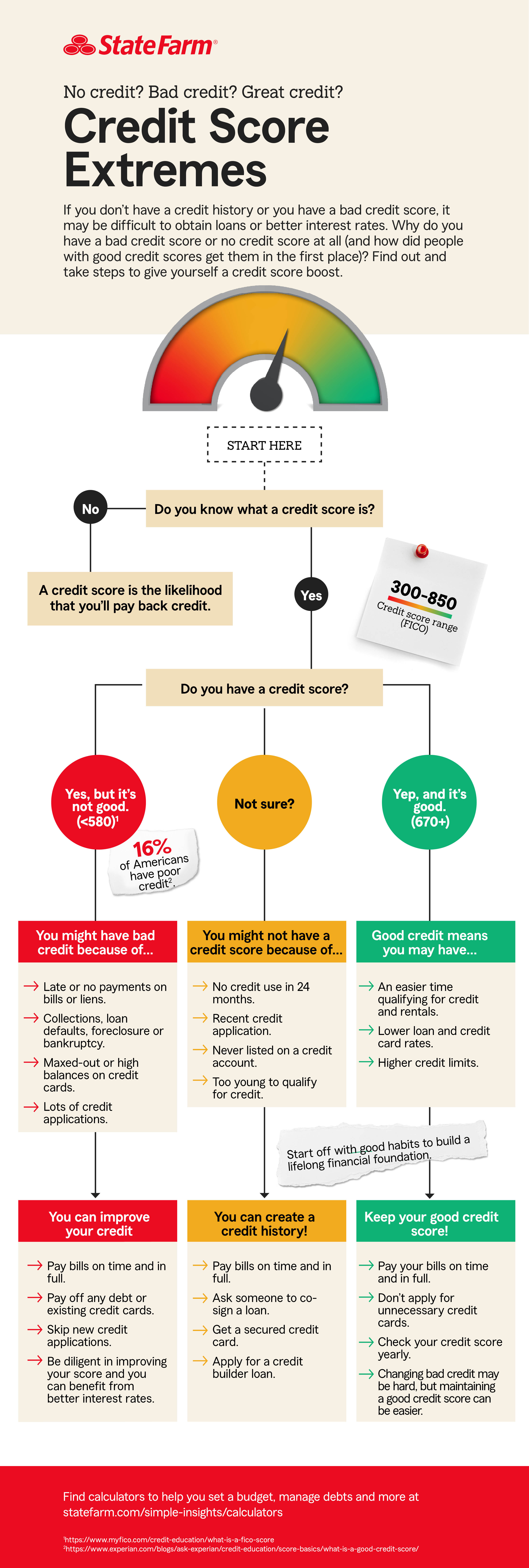Credit score facts and myths
Think it’s impossible to improve credit scores? That’s just one of many credit score myths. Get the facts and learn about common misconceptions.
Distinguishing credit facts from fiction can be difficult but it doesn’t have to be. Let’s debunk some of the common misconceptions around credit scores, what affects them and what helps build your credit score.
Credit scores are complex, but learning how they work can help empower you to improve your credit report. Look out for these common credit myths.
Credit myths
Myth 1: It's impossible to rebuild a low credit score
False: You can rebuild credit over time with patience and good debt management. As you consistently make payments, lenders can see the shift in the recurrence of recent positive reports and the decline in negative ones. It’s never too late to start improving your credit score.
Myth 2: Checking your credit hurts your credit score
Sometimes true: Pulling your own credit report, also known as a soft inquiry, doesn't affect your credit score. Regularly checking your credit report is a responsible financial practice. You're entitled by law to a free credit report from each of the three credit reporting bureaus every 12 months.
However, if a lender pulls your score to approve a new line of credit, that’s what is known as a hard inquiry. Hard inquiries can lower your credit score, but they typically require your approval beforehand.
Myth 3: Closing old accounts can boost your credit score
Sometimes true: It can be helpful to your credit strategy in certain situations — closing an inactive account with high annual fees, for instance. But closing an account lowers your available credit, which can raise your debt-to-credit ratio, therefore lowering your score.
Myth 4: Closing old accounts can shorten your credit history
False: Accounts with no negative marks that are paid in full will remain on your report for up to 10 years after being closed. Closing an account shouldn’t immediately remove it from your credit history.
Myth 5: Co-signing for a loan or credit card doesn't affect your credit score
Sometimes false: Co-signers share equal responsibility with borrowers in the event of missed payments or overdrafts, and your credit score can be penalized. Before co-signing a loan for someone, it’s important to understand the potential liabilities.
Myth 6: Paying with cash is the best thing you can do for your credit score
False: A good credit score stems from solid credit history, which can't be built or maintained by making all of your purchases with cash. Using a line of credit and paying off the balance on time can help your credit score, cash purchases will not.
Myth 7: It's bad to open another credit card
Sometimes true: Opening a new card can temporarily lower your credit score. However, if you don't have outstanding debt on your current credit card, then your score will likely be unaffected by opening a new one as long as you pay the balances on time. If you’re considering opening a new card, take a look at our article on finding the right credit card for your needs.
Myth 8: Credit cards with higher limits are bad for your credit score
False: Your credit score is negatively affected when you use a higher percentage of your credit limit. The lower your credit utilization score, the better your credit score will be.
Myth 9: If I max out my credit card limit and pay it off every month, my credit score isn’t affected
False: ‘Maxing out’ your credit card harms your credit utilization ratio, which can negatively affect your credit score. If you’re still learning credit card fundamentals, consider using 30% or less of your overall credit limit every month when possible.
Myth 10: Interest rates on credit cards are the same for everyone
False: There is no uniform interest rate. If you have an above-average credit score, you might be able to get a better interest rate on your credit card. This is one of the many benefits of building a good credit score!
Myth 11: The interest rate on your credit card will never change
Sometimes true: Read the fine print on your credit card application and statement. While credit cards with fixed interest rates won't change, this can happen after the first year if your card has a variable rate. You could call the credit card company and try to negotiate variable rates and the annual fee charged.
Like many myths, those surrounding credit cards usually have a grain of wisdom. More often than not, the truth is complicated, so it’s important to use caution when applying for and using your credit card. Now that we’ve done some myth-busting, keep building your credit score knowledge and if in doubt, check out: What is a good credit score?





